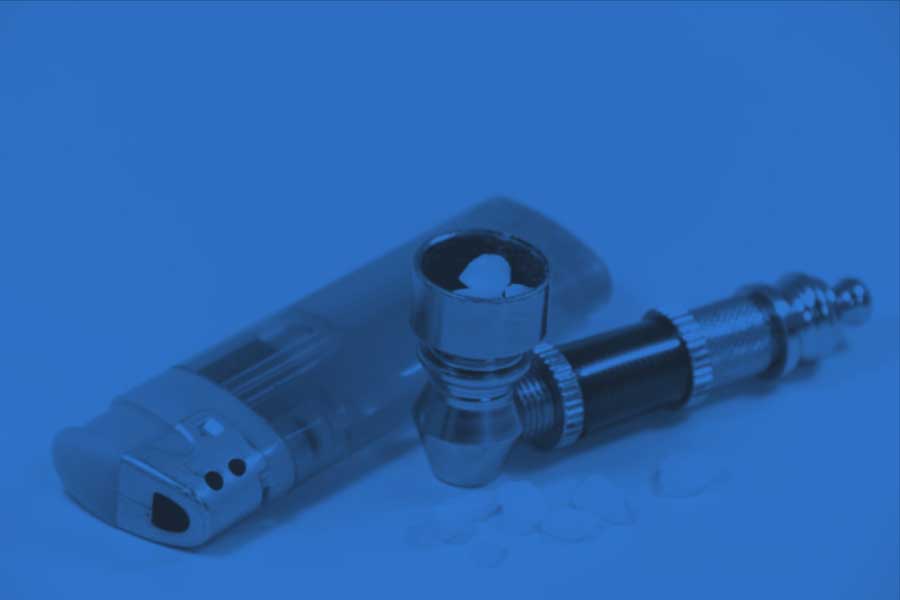
The social aspect of this drug’s use blurs the lines of when addiction is actually present. Similar to alcohol, cocaine is a substance that is commonly used in social settings. Cocaine withdrawal symptoms are not as physically severe as other substances, with the most common symptom being intense cravings for the drug. Other possible withdrawal symptoms include: Those who are physically dependent on cocaine may experience withdrawal symptoms when they stop using. If used frequently over a period of time, it is also possible for dependence to develop. These individuals may be struggling with cocaine addiction.

Some cocaine users may find themselves turning to cocaine time and time again in order to keep their energy up during work or social events. What Does Cocaine Do To Your Body Cocaine Addiction Withdrawal Symptoms However, cocaine is a fast-acting substance whose effects begin to wear off quickly and frequent use is common in order to maintain the effects over many hours or days. The resulting effect is feeling energized, talkative, social, and even focused (although not always on what you intend to focus on).

The drug stimulates brain activity and increases physiological processes such as heart rate and breathing. How Cocaine Affects UsersĬocaine is considered a stimulant drug because of the effects it has on those who consume it. Crack cocaine may be smoked or crushed and consumed like powdery cocaine. crack cocaine is a less pure version of cocaine found as a crystal-like rock. Recreational users may consume the substance by snorting it through their nose or eating it. However, it can be utilized by medical doctors for anesthetic purposes.Ĭocaine is a drug most commonly found in the form of a white crystalline powder substance.

In the United States, cocaine is a stimulant drug classified as a Schedule II Substance meaning it has a high potential for abuse and addiction, and recreational use is illegal.


 0 kommentar(er)
0 kommentar(er)
